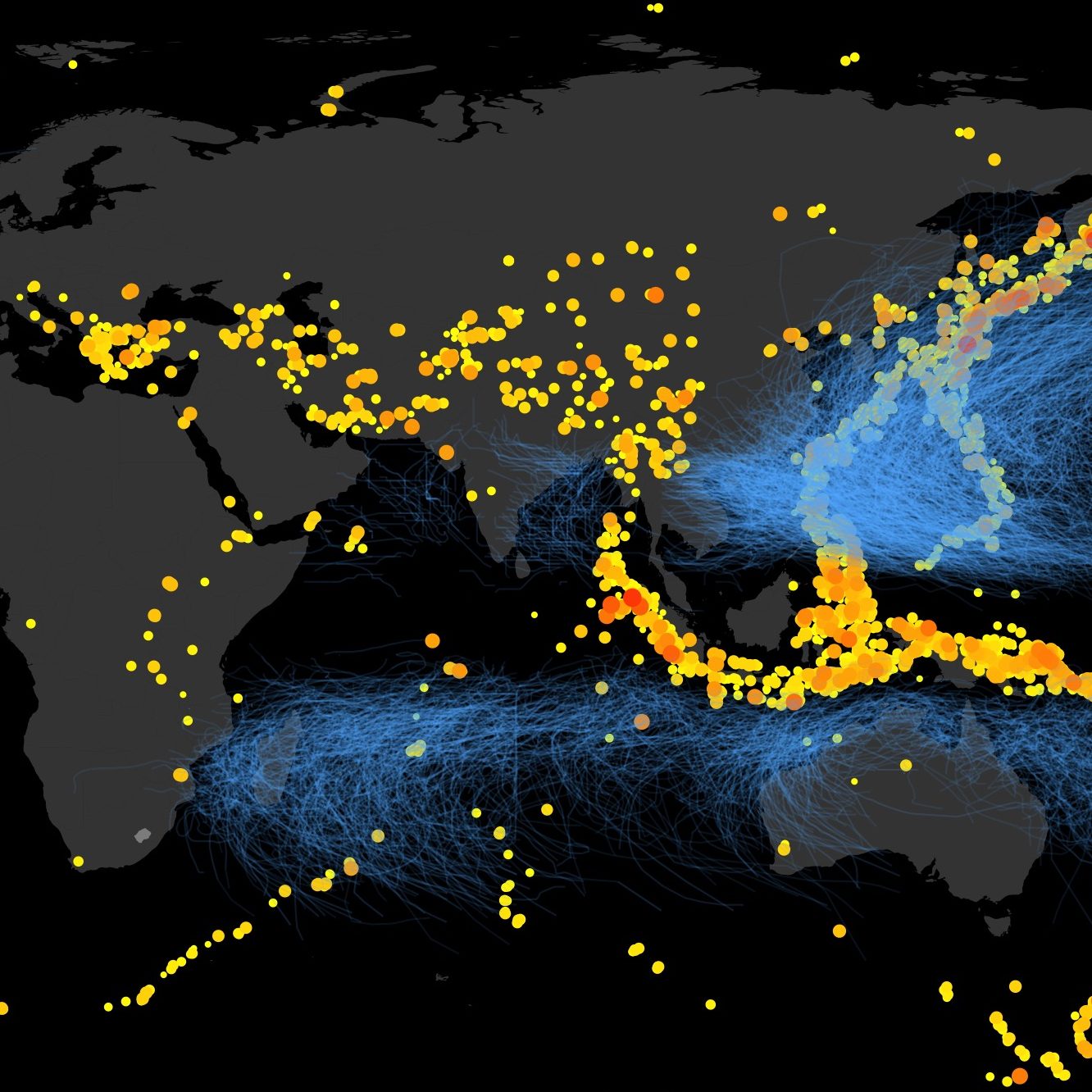Supporting and Informing the Process of Risk Arbitration in Post-Disaster Recovery
Proceedings, Third International Conference on Urban Disaster Recovery, Sept 28-Oct 1st, 2014. Boulder Colorado. (2014)
Publication year: 2014
One of the main challenges to promoting disaster risk reduction practices following a disaster is that these (a) rarely take proper account of the multitude of risks that households are exposed to and arbitrating between, (b) are rarely framed within a definition of “acceptable risk”, and (c) rarely acknowledge that decisions about risk are usually made at the household level. This paper summarizes findings from assessments of the post-disaster reconstruction process in Haiti, which highlight that a better understanding of these dynamics of risk arbitration would provide significant guidance to disaster recovery actors promoting risk reduction.
